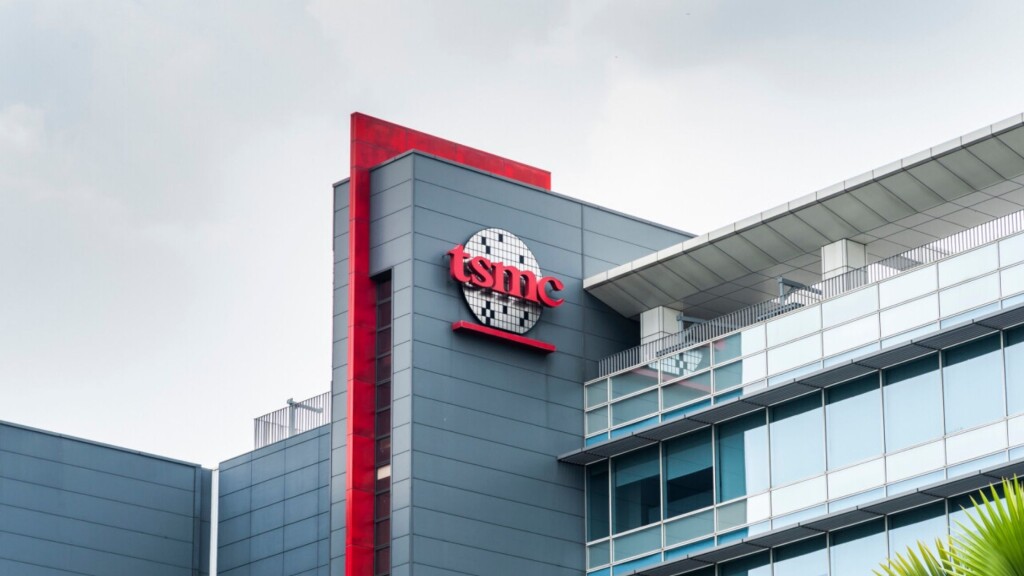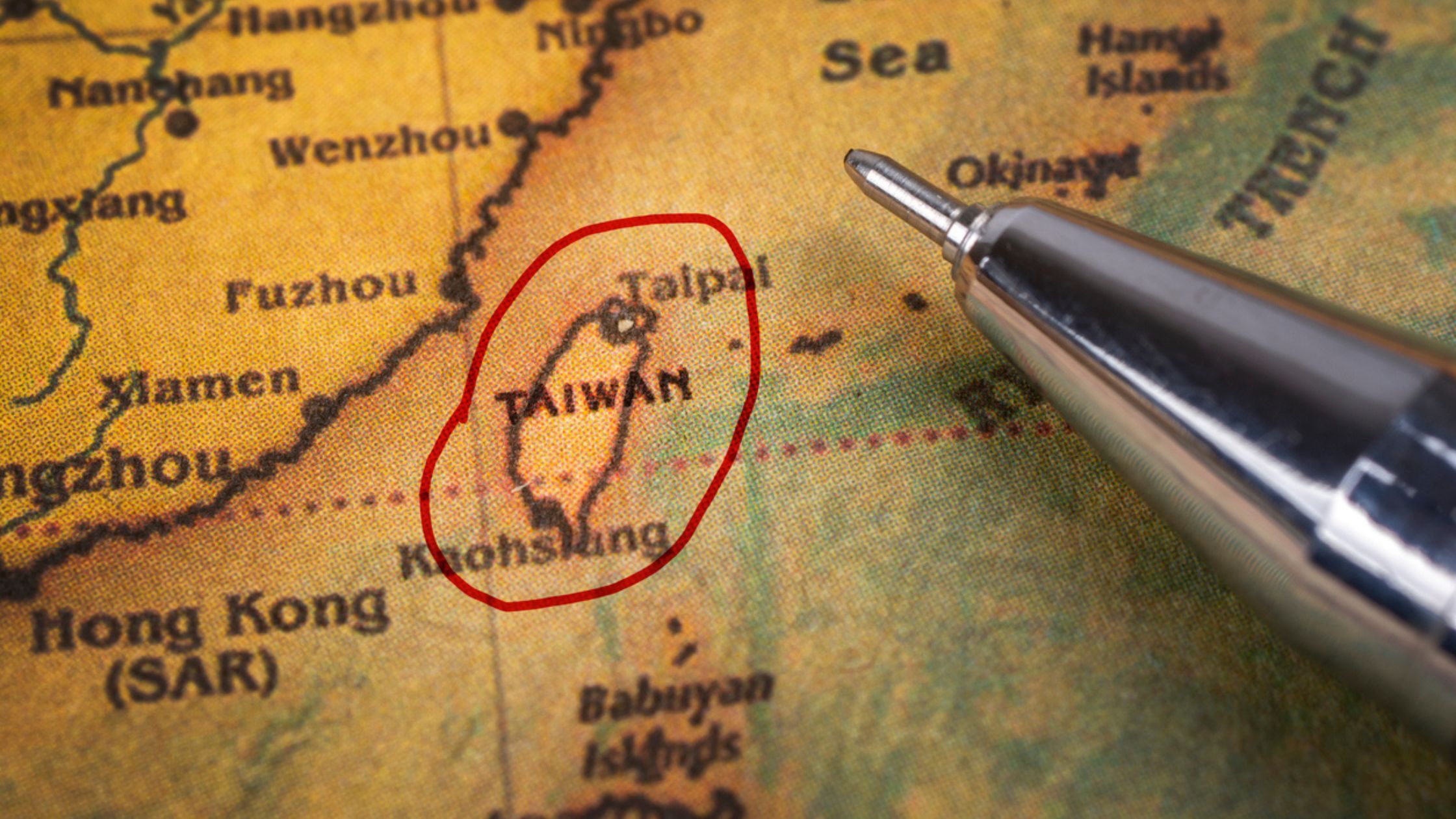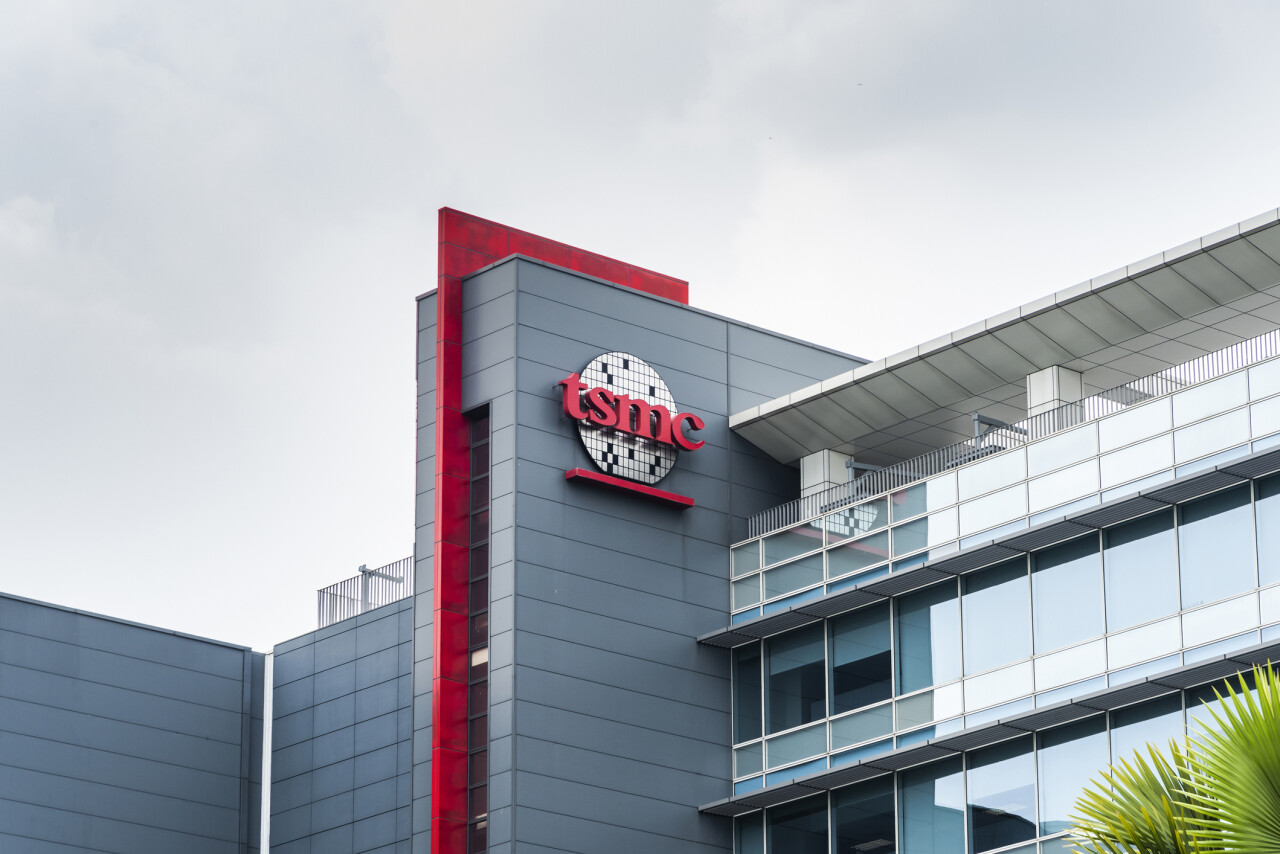Taiwan’s Judiciary Says Intellectual Property Complaints Can Be Made Online
The Judicial Yuan’s electronic litigation and online indictment platform has begun taking complaints about intellectual property infringements. This new service is partly in response to the Covid-19 pandemic and also because digitization is more environmentally friendly. For civil and administrative suits involving intellectual property, the system receives requests to upload only legal documents involving provisional attachments, the preservation of evidence, provisional injunctions maintaining a temporary status quo, and the enforcement of a suspension of action. In the event that the plaintiff in an intellectual property case agrees to an administrative lawsuit, the Intellectual Property and Commercial Court can also upload the litigation documents and the official copy of the ruling to the platform. Once the upload has been completed and the files are in the system archives, it is considered legally binding and any rulings on the document would be effective immediately. The Judicial Yuan has urged the public to use the platform as it is in accord with the government policy of becoming carbon neutral by 2050.
TIPO Publishes Patent Applications Data.
The Intellectual Property Office in Taiwan has published the statistics for patent applications for the first quarter in 2022. In that time period, TIPO received a total of 17,498 patent applications which was a 2% increase year on year. There were 12,534 invention patent applications (a 5% increase), 3,328 utility model patent applications (a 6% decrease), and 1,636 design patent applications (a 5% decrease). 8,983 patent applications were filed by foreign applicants, which was an increase of 7% mainly attributed to a jump in the number of invention patent applications. By nationality, Japanese applicants ranked first with 3,555 invention patent applications and 251 design patent applications.
Taiwan Offers Tax Incentives to Boost Patent Strength
The Ministry of Economic Affairs said it would offer tax incentives for research and development, and for advanced equipment investment for local firms that are important links in global supply chains, such as semi-conductor companies. The ministry plans to raise tax benefits for R&D to a 25% rebate on costs, compared with 15% currently. The ministry also plans to eliminate a tax deduction limit of 1 billion New Taiwan Dollars on newly acquired advanced equipment. The legislature is expected to pass the measures, which would be added to the Statute for Industrial Innovation, later this year. The move comes as a reaction to other major economies seeking to bolster key components and semiconductor supply chains. Whether it is in reaction to Taiwan’s partners’ plans for reshoring or friend-shoring, it’s important that Taiwan continues to innovate and grow their patent portfolio to stay competitive. The ministry is looking to make strategic moves to safeguard Taiwan’s global role in key industries.
Taiwan Signs MoU with India to Increase IPR Cooperation
The Taiwan-India MoU on Intellectual Property Rights at the India Taiwan Business Roundtable was signed on May 18, 2022. It has been heralded as opening a new chapter of cooperation between Taiwan and India in the field of IPR. Under the framework of this MoU, both sides will jointly facilitate activities such as expert exchange programs, training courses, and experience exchange regarding IP awareness campaigns. Other collaborative efforts are also underway, such as facilitating the protection of traditional knowledge and setting up a joint committee to coordinate the implementation of related cooperation activities. India is an important country in Taiwan’s New Southbound Policy. Not only will the signing of the MoU deepen both Taiwan and India’s understanding of each other’s IP fields, but it will also enhance an IP protection environment for the benefit of industrial development and applicants of both sides.
Oppo Ranks Second Amongst Chinese Patent Applicants in Europe.
In 2021, Oppo, the number one smartphone vendor in China, filed 1,057 patent applications at the Munich-based European Patent Office, ranking second among Chinese companies after Huawei. Oppo was also among several Chinese companies that were on the list of Top 50 patent applications in the U.S. in 2021. The founder and CEO, Chen Ming Yong, says this is the result of an increase in Research and Development in recent years as the company transforms from smartphone vendor to a tech pioneer. Beefing up its portfolio of global patents has seen progress initially in the smartphone sector with new advanced models such as the Reno 7-series, the new A-series, and the high-end foldable Find N model. The company plans to recruit more than 2,000 research and development talents this year as it intends to boost its focus on hardware, software, semiconductors, computer vision, speech semantics, big data, cloud computing and artificial intelligence engineering. With this additional staff, the total R&D personnel will reach 10,000. There will also be a push to focus on underlying technologies such as chips which are a crucial foundation for hardware. The increase in investment in R&D is a trend seen throughout the tech sector in China and an indication of the intense competitiveness to expand market share.
China Pushes IP Development in Bio-Economy
The Fourteenth Five-Year Plan has a section devoted to Bio-Economy Development and was published in May 2022. It stresses the need to strengthen IP protection and develop new patents by the transformation and application of sci-tech achievements. China led the world in patent filings in biological breeding when last surveyed in September 2021. Also, China has filed the most patent applications related to Covid-19 vaccines and therapeutics. Attention is also being focused on modern applications of traditional Chinese medicine. By using modern technologies and methods, new features and advantages of Chinese medicine are being developed to achieve maximum potential and reach a higher level as a source of knowledge and IP. To assist in this endeavor, the China National Intellectual Property Administration (CNIPA) has officially approved the establishment of the National Intellectual Property Operation Center for Synthetic Biology. Relying on the resources of Tianjin Institute of Industrial Biotechnology and the Chinese Academy of Sciences, the center has built the Patent Pool for Synthetic Biology Enabling Technologies, and other patent pools in order to set up platforms to duly release patent portfolios and promote the marketization and industrialization of synthetic biotechnologies.














 Deep & Far Attorneys-at-law
Deep & Far Attorneys-at-law Yu-Li Tsai
Yu-Li Tsai Lu-Fa Tsai
Lu-Fa Tsai C. F. Tsai
C. F. Tsai






